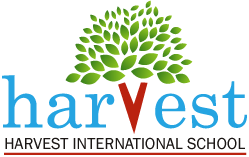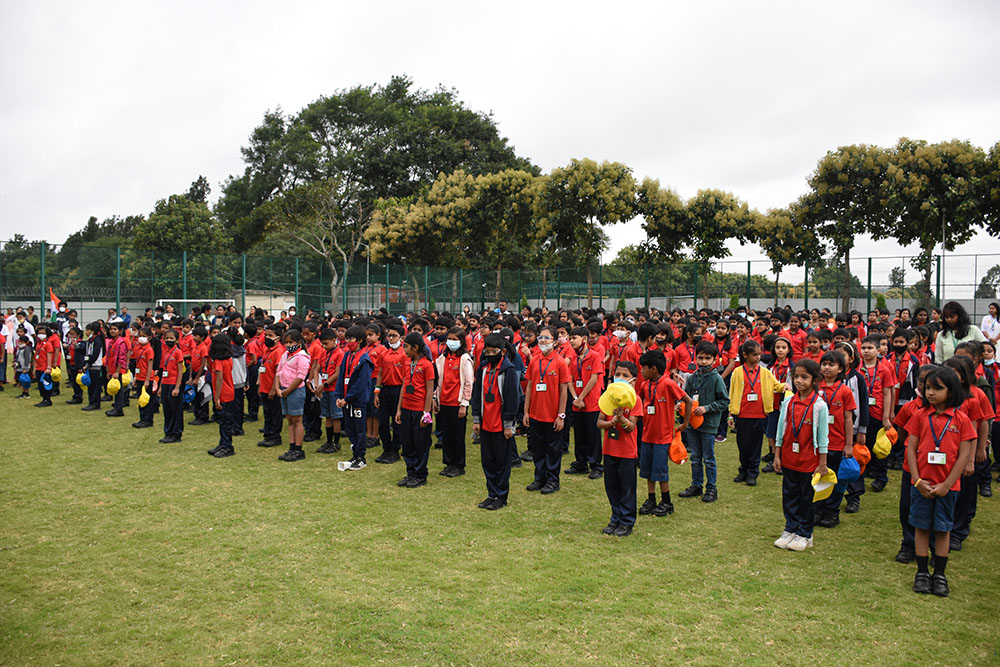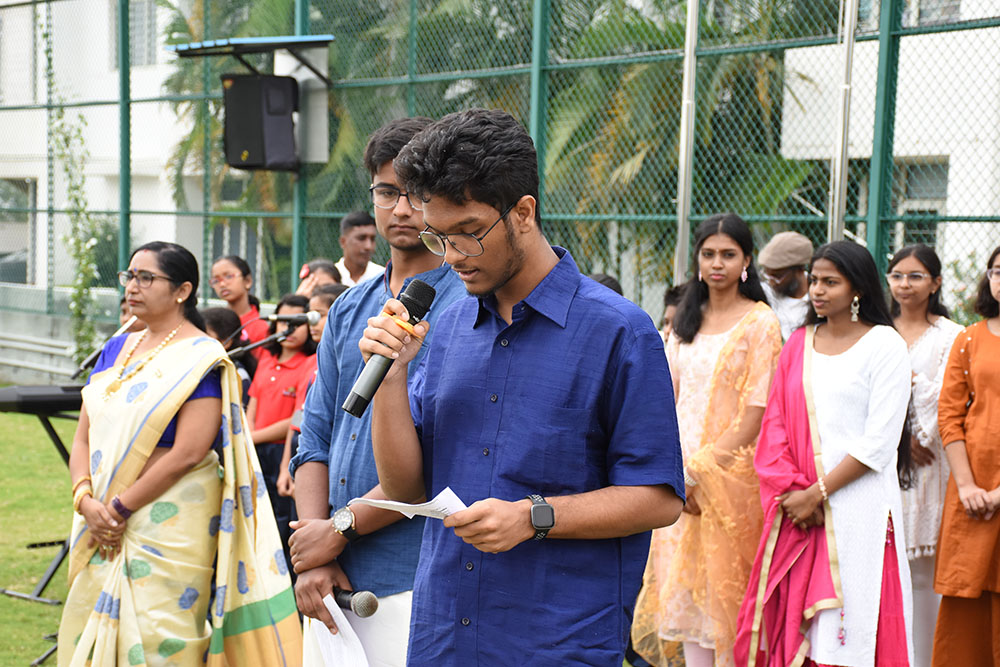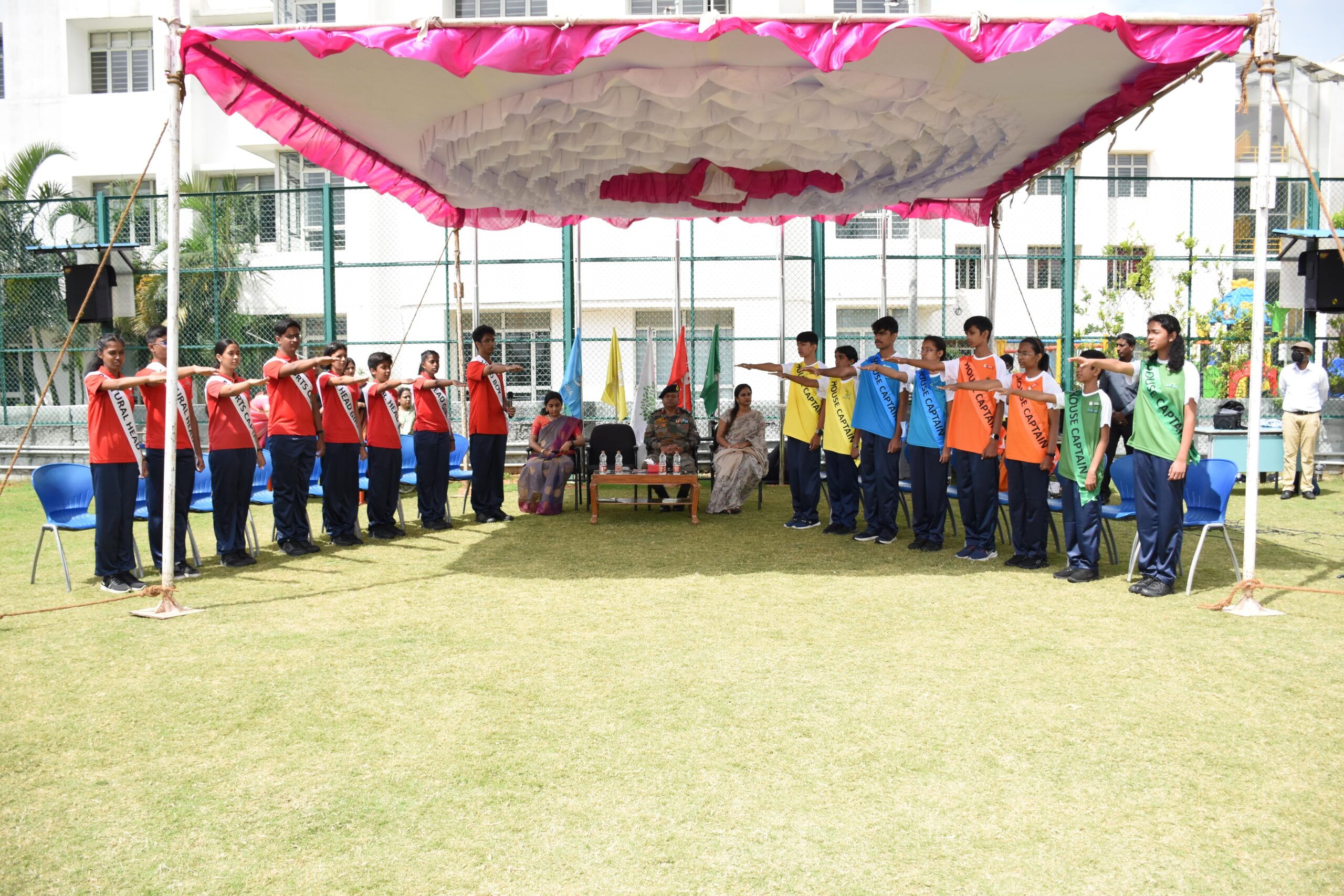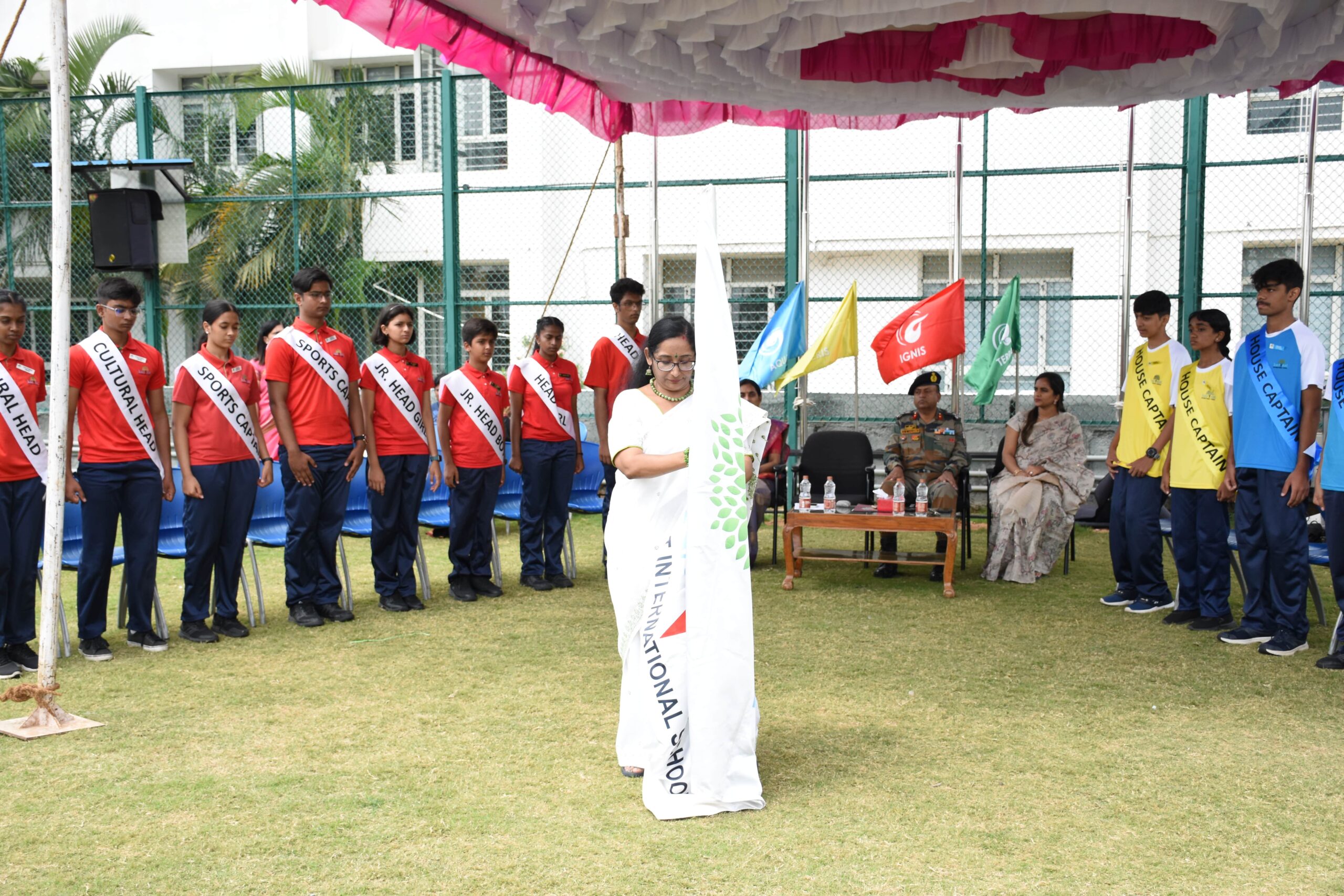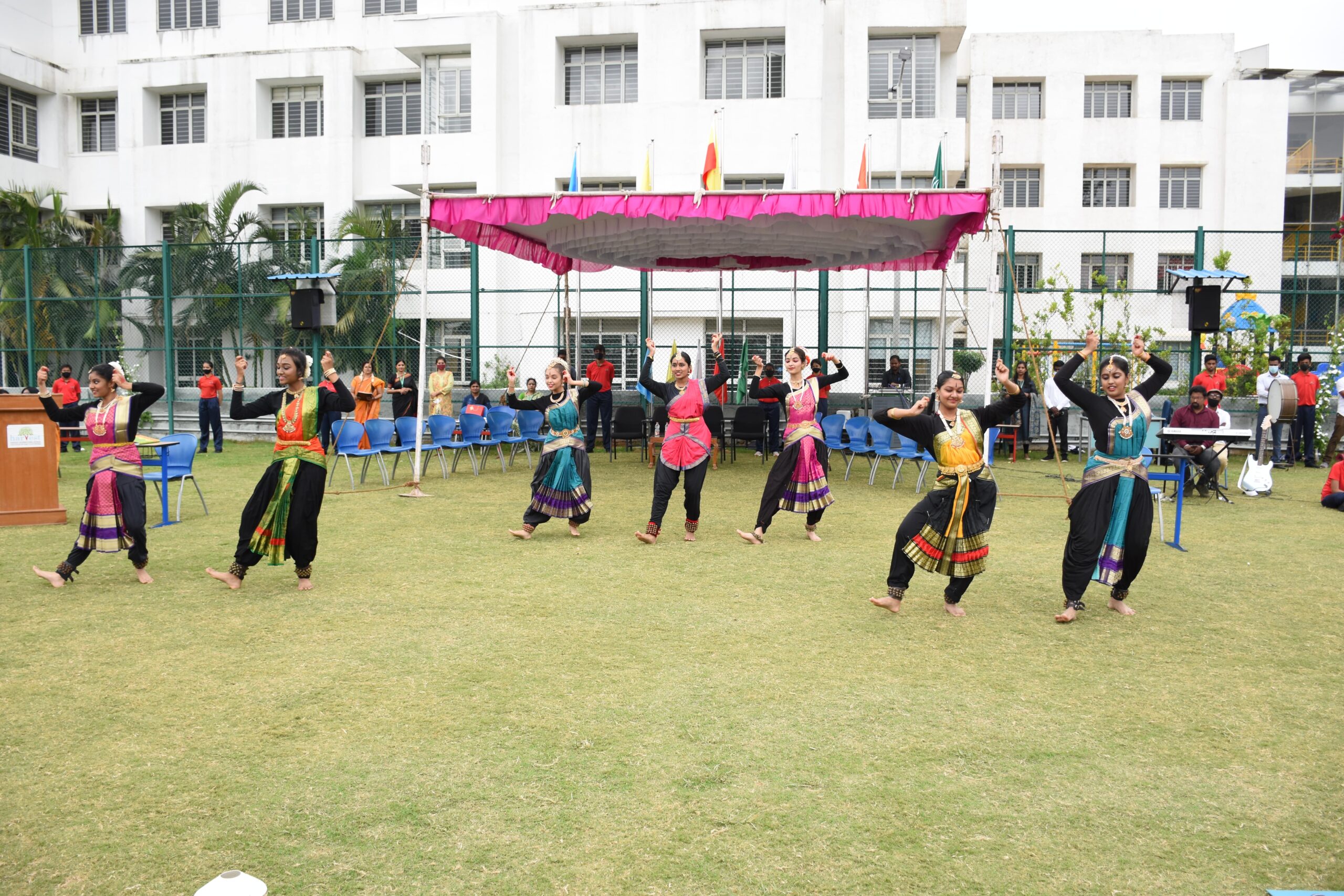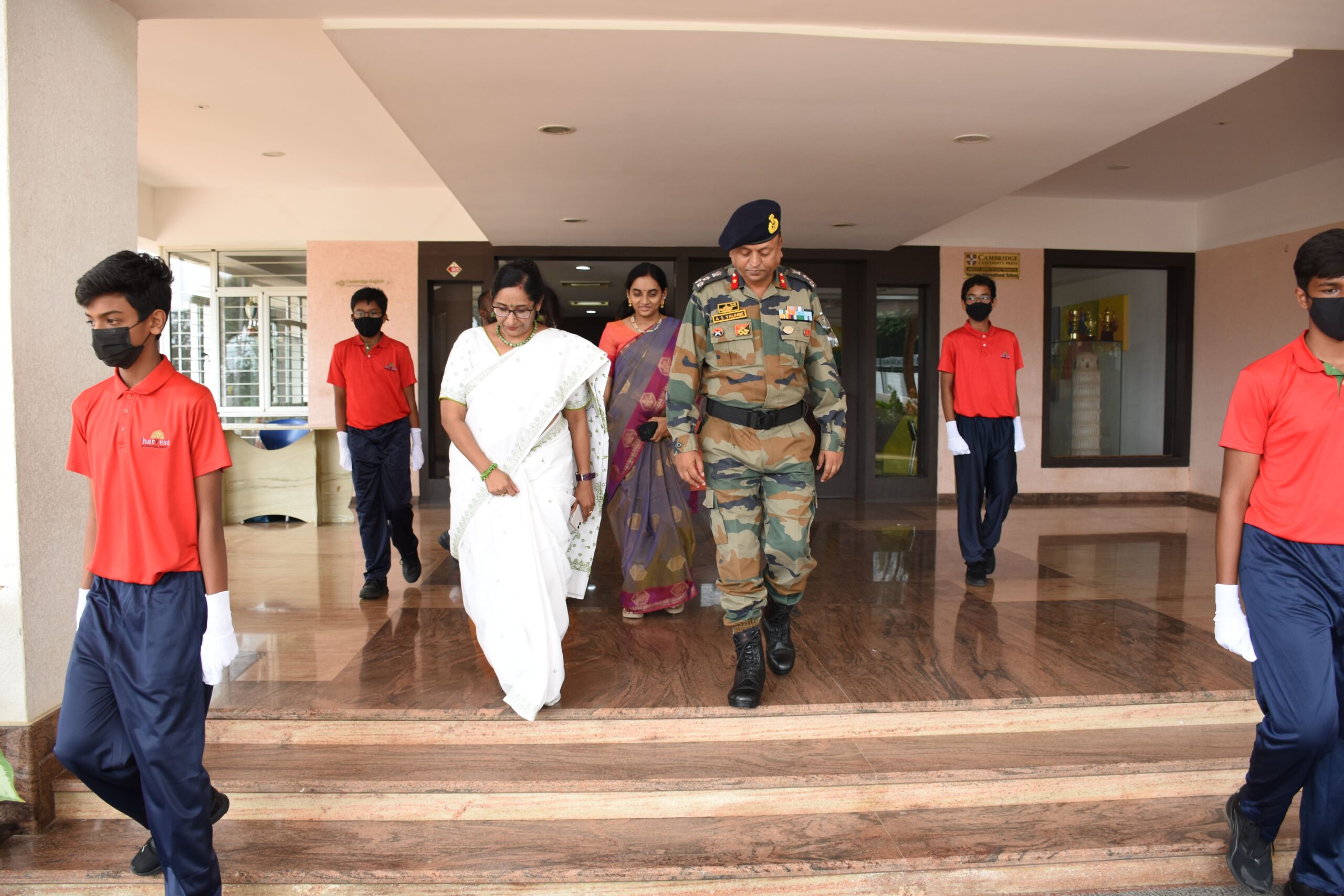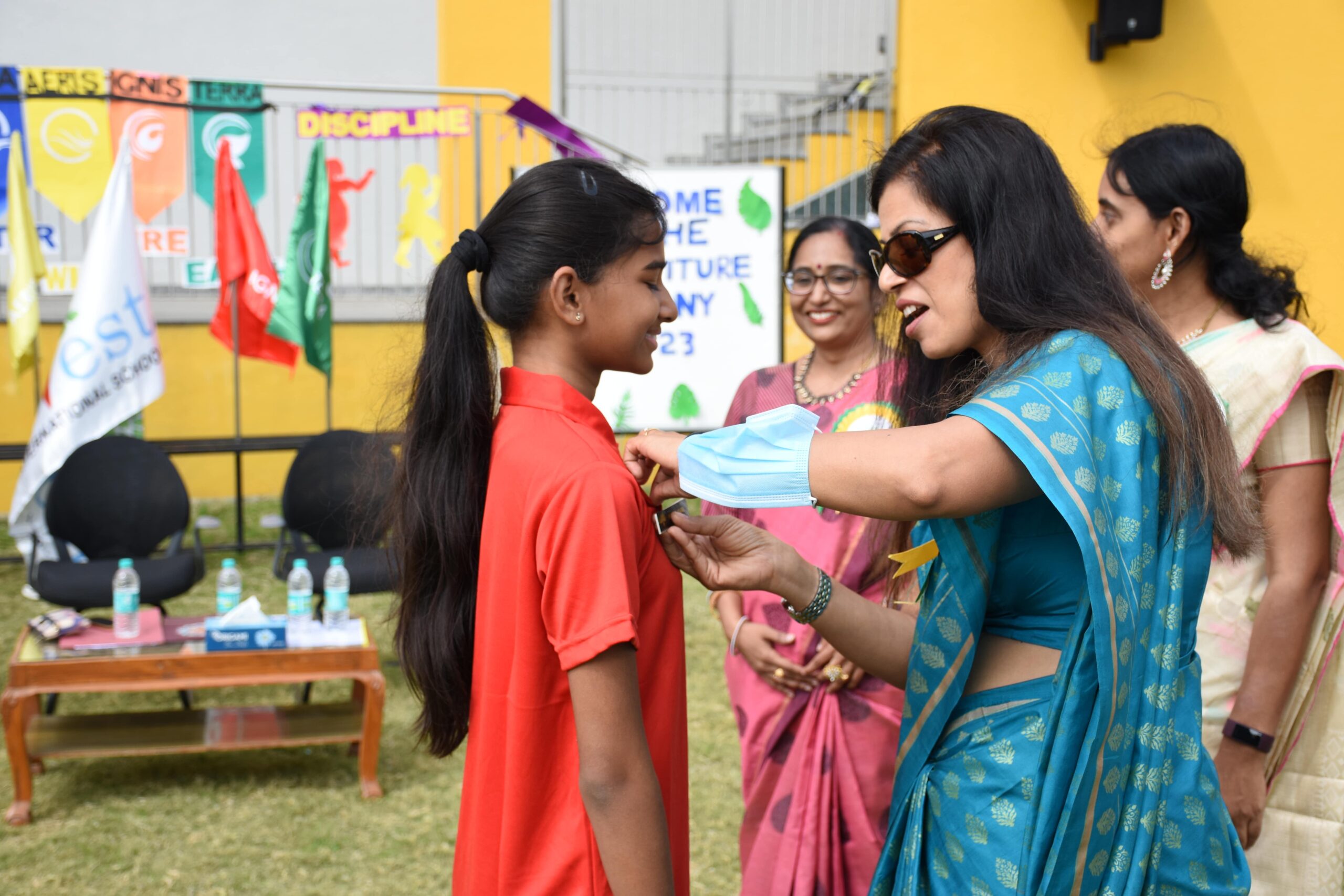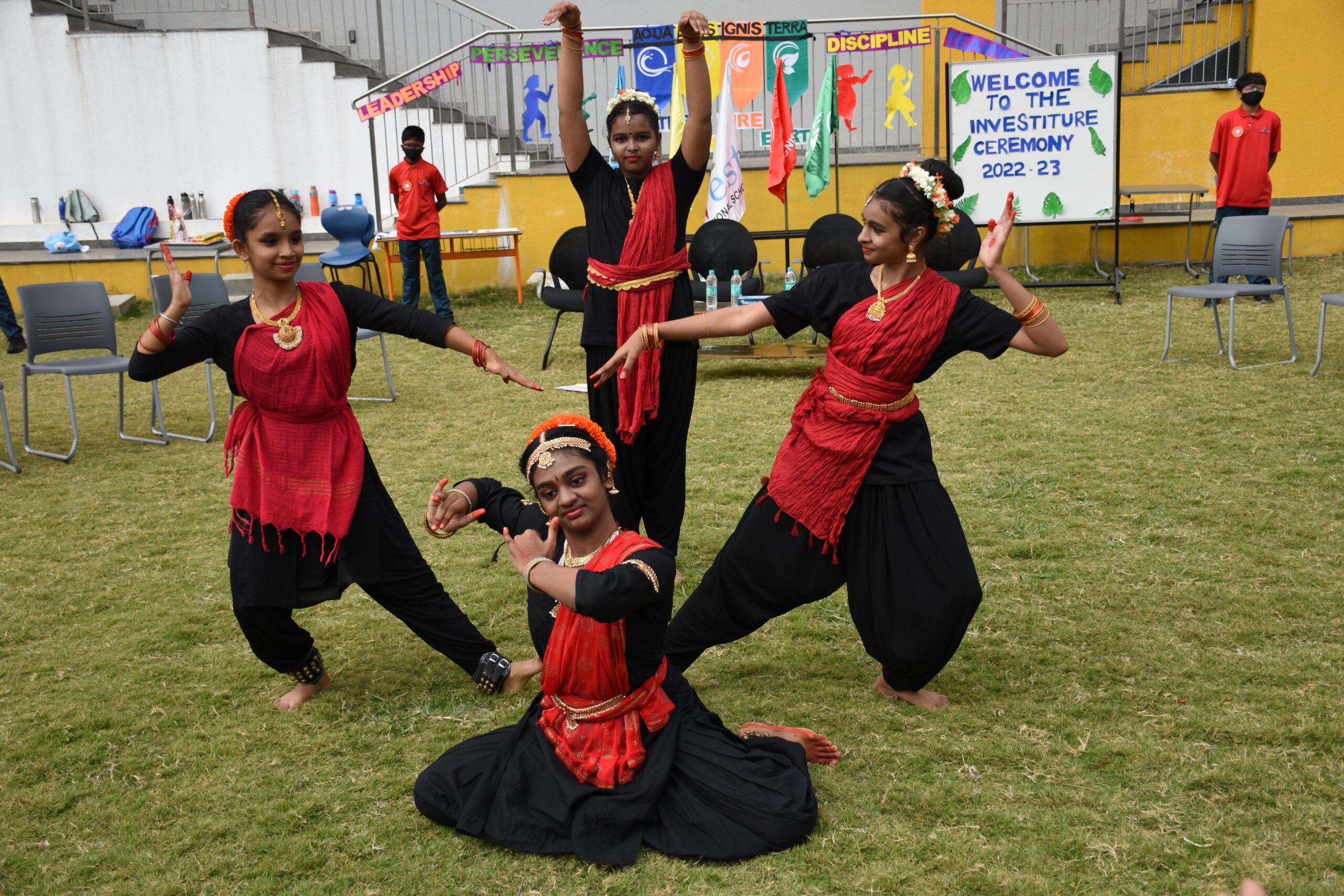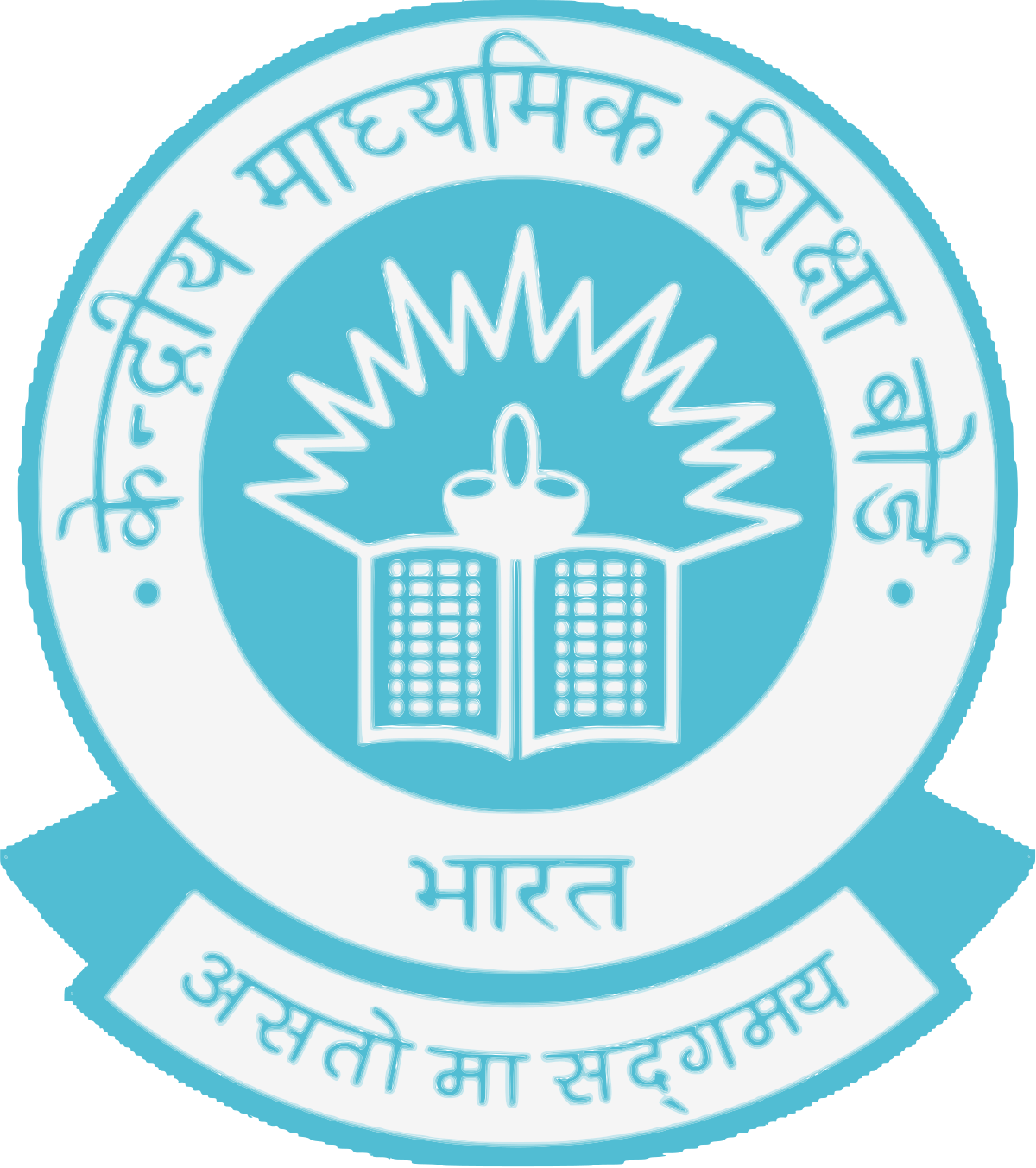We offer a robust and holistic curriculum for learning at Harvest that is curated around the CBSE syllabus.
International Schools in Whitefield
Our Training Structure for Foundation Stage
Foundation Stage
The gist of NEP for ECCE:
3 years in Anganwadi/ Balvatika/ Pre-School from age group 3 to 6 years. 2 years in class 1st and 2nd from age group 6 to 8 years. The foundation stage at International Schools in Whitefield comprises of multilevel, play/ activity-based learning.
ECCE ideally consists of flexible, multi-faceted, multi-level, play-based, activity-based, and inquiry-based learning concepts which comprise of alphabets, languages, numbers, counting, colours, shapes, indoor and outdoor play. Puzzles, logical thinking, problem-solving, drawing, painting and other visual art, craft, drama and puppetry, music and movement are also an integral part of the concepts. It also includes a focus on developing social capacities, sensitivity, good behaviour, courtesy, ethics, personal and public cleanliness, teamwork and cooperation.
The major aim of ECCE is to attain optimal outcomes in the domains of: physical and motor development, cognitive development, socio-emotional-ethical development,
cultural/artistic development, and the development of communication and early language, literacy, and numeracy. The attempt to hone a child from the foundational age of 3 years instead of 6 years brings our new education policy at par with the global developed nations, but it’s the focus on education technology that takes it ahead of them by leaps. The best part is that the Policy aims to include each child, irrespective of the location, who is particularly socio-economically disadvantaged.
On the curriculum side of International Schools in Whitefield, there will be an increased focus on foundational literacy and numeracy – and generally, on reading, writing, speaking, counting, arithmetic, and mathematical thinking – throughout the preparatory phase.
The greater focus is on experiential learning – a key element in international education and curriculum options. This means more projects, better real-life training, more interactions and better skills. With these developments, one is left with options that are on similar levels of quality, flexibility and exposure. The National Education Policy has really tried well to address the needs of the 21 st century and tries to create a student-friendly environment in schools and colleges, for their holistic development. All in all, it is a progressive and visionary policy and its success will be directly proportional to its implementation and execution, practically.
NEP aligned along with Montessori Principles:
Montessori is a method of education that is based on self-directed activity, hands-on learning and collaborative play. In Montessori classrooms children make creative choices in their learning, while the classroom and the highly trained teacher offer age-appropriate activities to guide the process. Children work in groups and individually to discover and explore knowledge of the world and to develop their maximum potential.
Montessori classrooms and schools near whitefield are beautifully crafted environments designed to meet the needs of children in a specific age range. Dr Montessori discovered that experiential learning in this type of classroom led to a deeper understanding of language, mathematics, science, music, social interactions and much more.
Every material in a Montessori classroom supports an aspect of child development, creating a match between the child’s natural interests and the available activities. Children can learn through their own experience and at their own pace. They can respond at any moment to the natural curiosities that exist in all humans and build a solid foundation for life-long learning.
For children ages three to six years:
- foster the growth of functional independence, task persistence and self-regulation.
- promote social development through respectful, clear communication and safe, natural consequences.
- contain a large variety of materials for the refinement of sensory perception and the development of literacy and mathematical understanding
- offer opportunities for imaginative exploration leading to confident, creative self-expression.
They contain many places for children to learn and play, in many different ways: by themselves, in pairs, in small groups, in large groups, inside, outside, at tables, on the floor. All items in the environment are scaled to the child’s size, including furniture, shelves, utensils, dishware, cleaning implements and the Montessori materials themselves. There is no focal center to the classroom; this reflects that the teacher is not the focus of the children’s attention, but that they are all one community together. Bright and attractive colours, natural materials, fascinating cultural objects and interesting pictures on the wall all offer the children complex sensory and intellectual experiences. When children first enter a Montessori environment, there is an immediate and touching moment when they realize that this place is for them.
In International Schools in Whitefield, children are taught how to regulate their own social interactions. Through fun role-playing activities and appropriate modelling, the teacher demonstrates the best way to respond to arguments or new situations, giving the child the ability to act confidently and pro-socially when the actual problem arises. The result is a self-regulating classroom, in which natural social tensions are resolved mostly by the children themselves.
Children move freely throughout the environment, choosing activities that interest them, or working with the teacher, individually, or in small groups. Their movement is unrestricted by the teacher unless it endangers themselves, other people, or their surroundings. Outdoor environments are important in Montessori schools and offer opportunities to engage with the natural world.
Guiding Principles: The guiding principles of Montessori education are the same across all age levels, and are grounded in over one hundred years of work with children around the world.
Maria Montessori profoundly respected children and the developmental powers that drive them to seek certain experiences. Montessori education reframes the adult/child relationship to place the child at the center of his own learning. In Montessori classrooms, teachers respect children as separate and unique individuals. They guide children to respect the people and objects in their environment, and as the child grows older, to respect and understand the connectedness between all living and non-living things, leading to the adolescent’s profound awareness of the complex web of human existence.
Children’s needs change as they move through stages of development. At each level of Montessori education, this difference is honored through the preparation of the classroom environment. The environment is prepared in every way for optimal development: physically, cognitively, socially and emotionally. By aligning the activities in the environment with what each child needs at any moment, Montessori-prepared environments liberate children’s energy for growth and learning.
Montessori classrooms are interactive environments in which hands-on exploration is not only encouraged, it is necessary. By using the mind, the body, and the senses, learning becomes an activity that engages the whole self. Any parent will agree that children do; Montessori environments follow this natural inclination of children towards activity by offering an appropriate variety of objects and activities for meaningful engagement.
One of the most profound differences between Montessori education and conventional education is that, in Montessori, children are given the experience of discovering the answer for themselves. This leads to a much deeper learning experience, and creates a lifelong love of learning as a self-directed process of problem-solving and discovery.
The trained Montessori teacher links the child to activities and experiences in the prepared environment. Specialized training results in a deep knowledge of child development, the purposes and use of each activity, and an understanding of how to foster and maintain social harmony in the classroom.
Montessori classrooms support the development of imagination and creativity at every stage of learning. The open-ended activities allow children to explore new ideas and relationships, providing a foundation for self-expression and innovation. In the early years, the building blocks of imagination are firmly established through sensory exploration of the world, launching both imagination and creative self-expression.
Maria Montessori recognized that when allowed freedom of choice within clear, firm and reasonable boundaries, children act in positive ways that further their development. Freedom is frequently misunderstood, and many people take it to mean that children can do whatever they want. Montessori believed that freedom without boundaries was abandonment. In Montessori classrooms, expectations are clear, and children experience the natural and logical consequences of their choices. This freedom within limits allows for the natural development of self-regulation within the society of the classroom, as well as mirroring behaviours expected by society in general.
From the moment of birth onwards, humans strive towards independence. Children feel this need very strongly; they want to do things for themselves, and to participate in the world around them. In Montessori classrooms, this natural drive towards independence is fostered through practical, social and intellectual experiences. The child becomes an active agent in her own education, saying, “Help me to do it myself”. We honour this by helping children move to increasingly higher levels of independence and self-reliance.
Our school’s vision is embedded in our curriculum. We strive for excellence all through and are constantly upgrading with new and innovative pedagogy to make learning more exciting. We want everyone at Harvest to discover how learning changes lives.
Our foundation curriculum in International Schools in Whitefield, Grades I & II supported by our values is created by our skillful curriculum team. This makes Harvest learners inquisitive and independent. All children are entitled to a stimulating and challenging curriculum. This will equip them with the futuristic skills to succeed in life.
Each year mindful planning builds upon previous learning. There is a clear progression, which leads to high-quality outcomes. While based on the National Curriculum, all subjects are mapped out with NEP guidelines. We associate learning across all subjects. Engaging topics engulf our forte in the STEM and STEAM curriculum making the learning fun and holistic.
Subject specialists teach the sport, Dance, Art, Yoga, and music. All classes have weekly SPA lessons with subject teachers, who have a wealth of teaching expertise.
Every child has access to award-winning digital resources that enhance their reading and writing skills. Storytelling is used to learn about concepts in Mathematics, Environmental Sciences, and Languages.
The International Schools in Whitefield revels in providing a highly inclusive environment, where students of all abilities exhibit high levels of enjoyment in their learning and most make very good progress in most areas of learning.
schools near whitefield
Experiential Learning
Specially Designed activities to enhance learning
Smart Classrooms
Technological advanced classrooms to aid the children in learning
Collaborative Learning
Team Building and group based learning is encouraged
Variety of Co-Scholastics
Wide range of School Life Activities including Performing Arts, Sports, Clubs and Workshops
High-End Lab Facilities
Schools Near Whitefield host independent labs for the sciences as well as the government funded Atal Tinkering Lab
College Counselling
Schools Near Whitefield provides guidance for students in their college choices and applications
Custom made Life Skills Curriculum
A product of our In-House research team International Schools in Whitefield Aims to educate students of the various life skills we can employ in our daily life
Inquiry Based Instruction
Our teaching methodologies at Schools Near Whitefield are constantly developed and modified by extensive research into new trends of teaching
Provides a Safe Space for Learning
Strictly against bullying and discouraging students. We wish to create a healthy atmosphere for our students at Schools Near Whitefield
Fill all information details below
